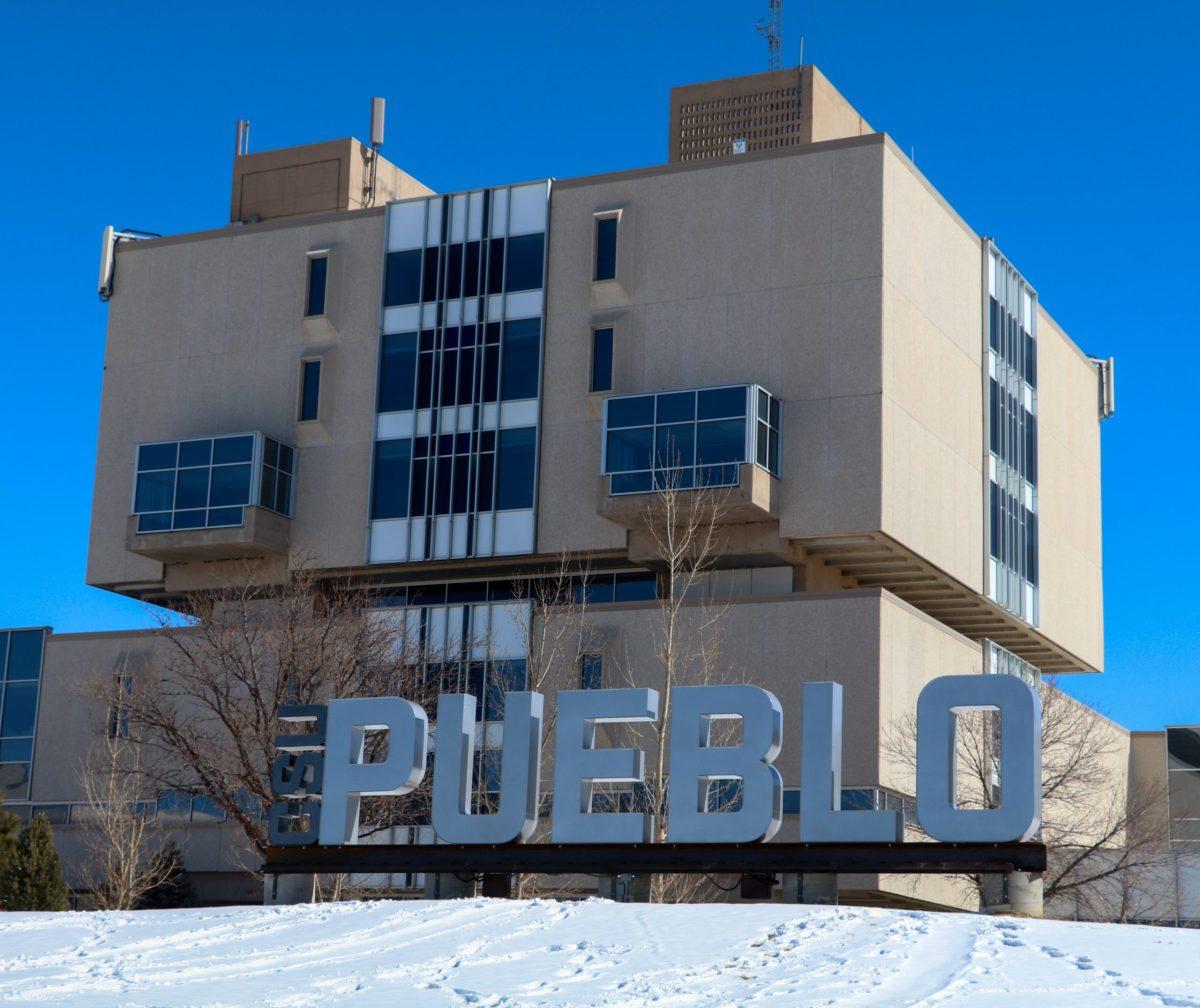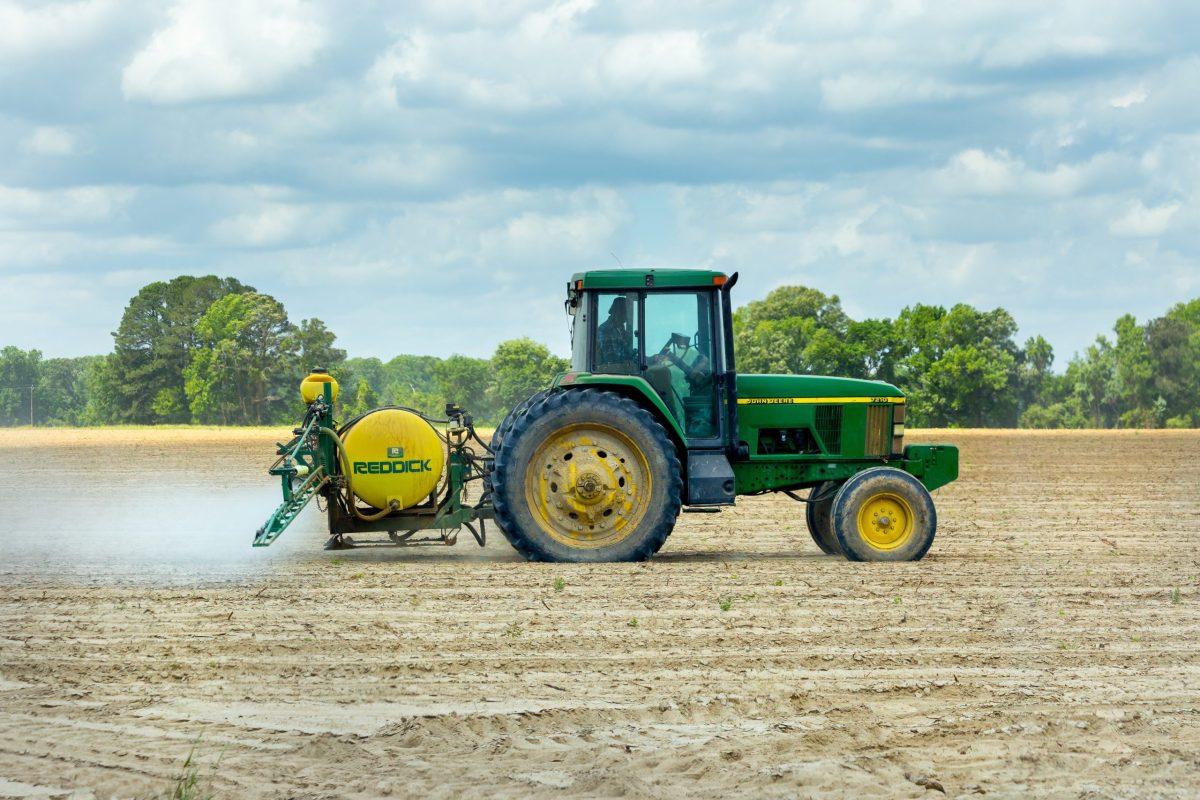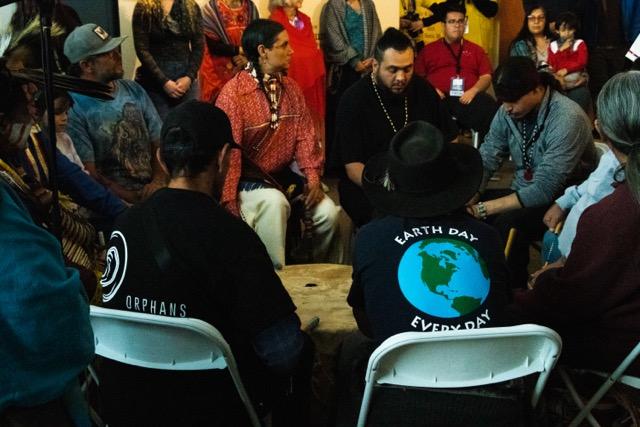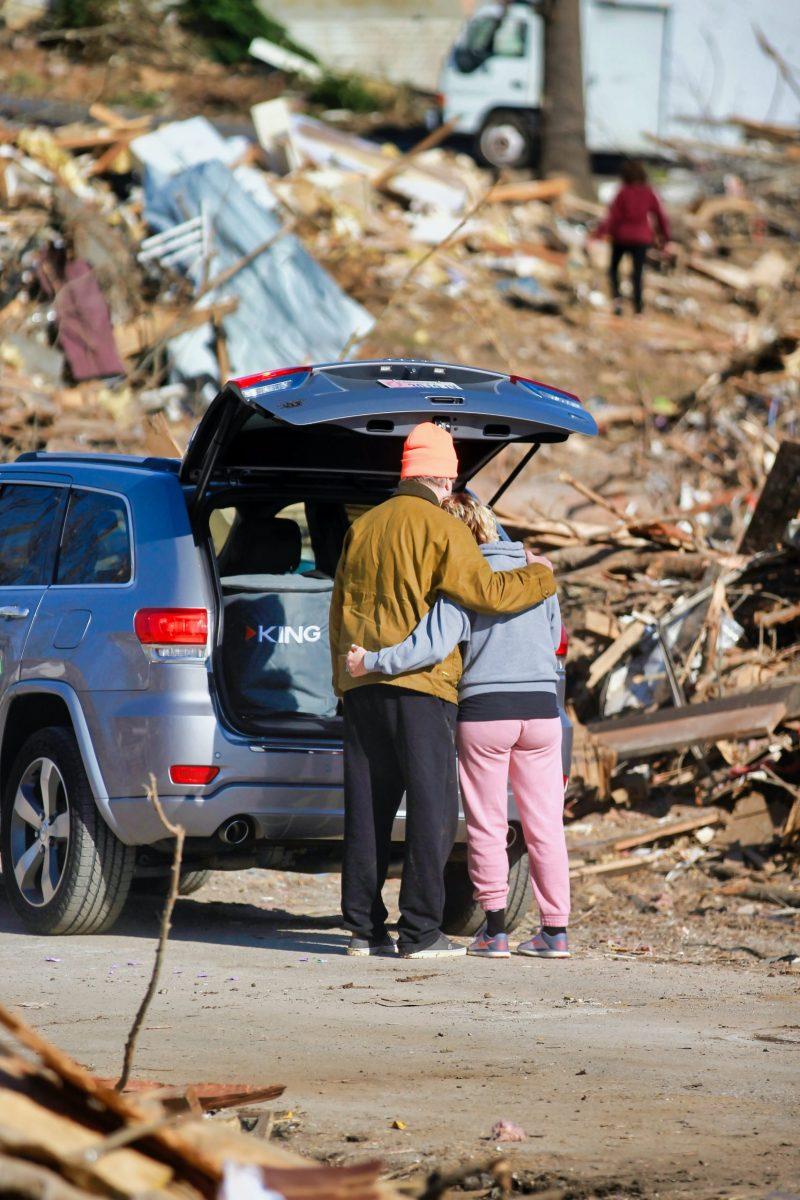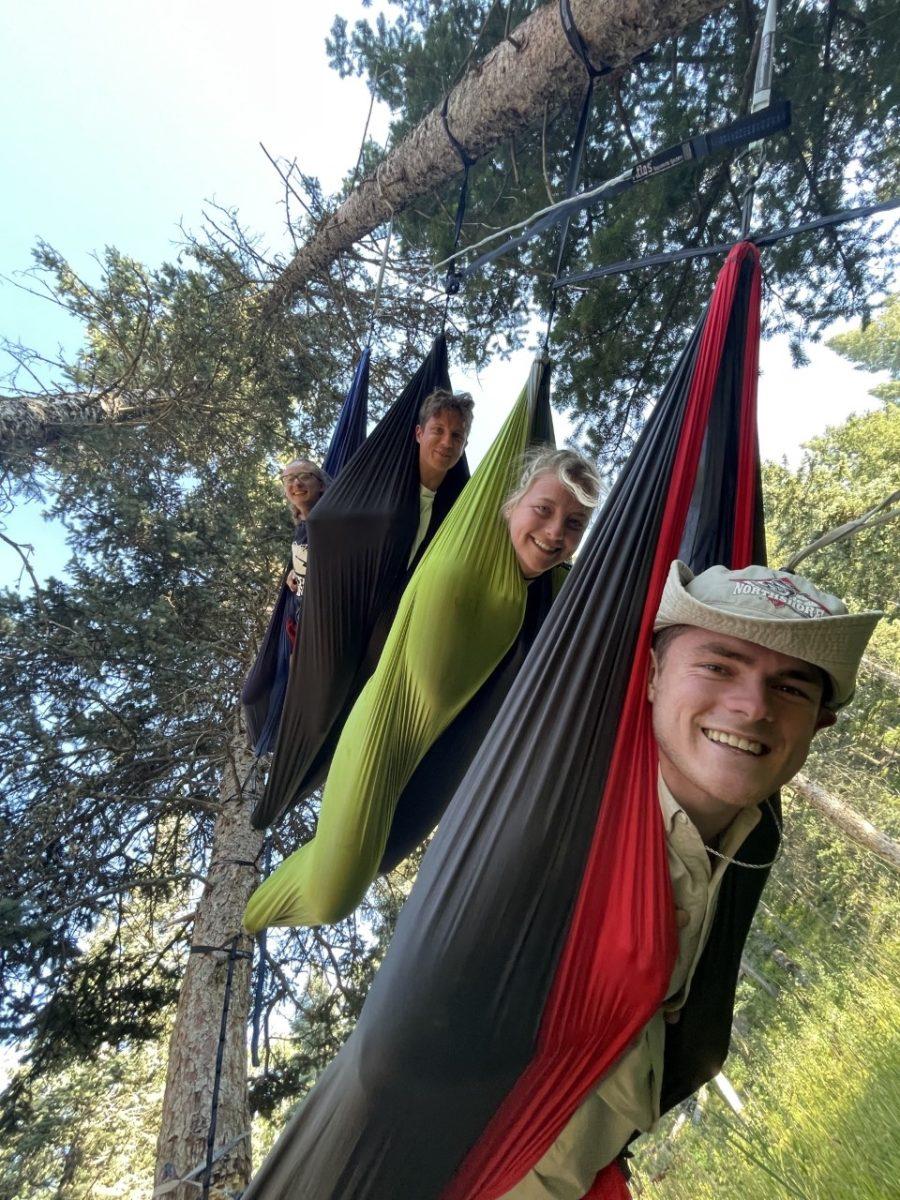By Madison Lira
On March 13, President Joe Biden approved the Willow Project, an $8 billion exhibition proposed by ConocoPhillips that plans on extracting six hundred million barrels of oil from federal land in Alaska. The project was initially proposed and pushed toward the end of the Trump Administration but now has the support of Alaskan lawmakers and the current administration. ConocoPhillips had initially approved five drilling sites for the project, but the U.S. Bureau of Labor Management knocked that down to three approved areas.
Many conservative lawmakers support the approval of this project, including Alaskan lawmakers. However, many Democrats and environmentalists call the approval a betrayal from President Biden and want the project rejected altogether. Throughout his presidential campaign and term, Biden made it clear that fighting climate change would be a top priority, unlike the last administration.
The U.S. Government is also backing President Biden. The U.S. Interior Department said, “In his first year, President Biden protected more lands and waters than any president since John F Kennedy. The President and the Biden-Harris administration continue to deliver on the most aggressive climate agenda in American history, including the creation of clean energy manufacturing and jobs.”
New Mexico congresswoman Deb Haaland, who initially opposed the Willow Project before becoming the U.S. Interior secretary, discussed that the administration put a lot of thought and changes into the project. “As a result, we had limited decision space, but we focused on how to reduce the project’s footprint and minimize its impacts to people and to wildlife,” said Haaland.
The federal government has placed further protections on the Arctic Ocean with the announcement of this project. They ensure essential habitats for whales, seals, polar bears, and more. The government had announced that 3 million acres of the Artic would be prohibited from future oil and gas leasing. The administration also assesses additional protections for 13 million acres within the petroleum reserve, which would be considered special, like subsistence value.
However, the government also estimated the project could release up to 9.2 million metric tons of carbon pollution yearly to our planet-warming. Environmental groups are worried that the project could destroy habitats for native species and alter the migrating process of caribou in the Artic even with the restrictions for the project put in place.
Native residents closest to the drilling site have also raised concerns about how this could affect their already polluted area. The City of Nuiqsut and the Native Village of Nuiqsut have voiced their concerns through letters about why the project should not go through.
“The PFSEIS fails to provide any alternative that would protect subsistence. BLM does not, despite EPA’s recommendation, describe the monetary value of subsistence foods that may be lost due to Willow. However, 70% of households use subsistence resources for more than half their diet. Replacing these foods with store-bought food would cost every household nearly $30,000 per year. This loss of millions of dollars per year to the people of Nuiqsut doesn’t include the social and cultural costs from their loss of subsistence” from the letter to the Willow Projects’ final review.
This project has been one of many oil initiatives challenged by many environmental groups that the Biden administration has approved. Since the drilling pause was struck down in 2021 by a federal judge, the Biden administration has opened several areas up for new drilling sites.





